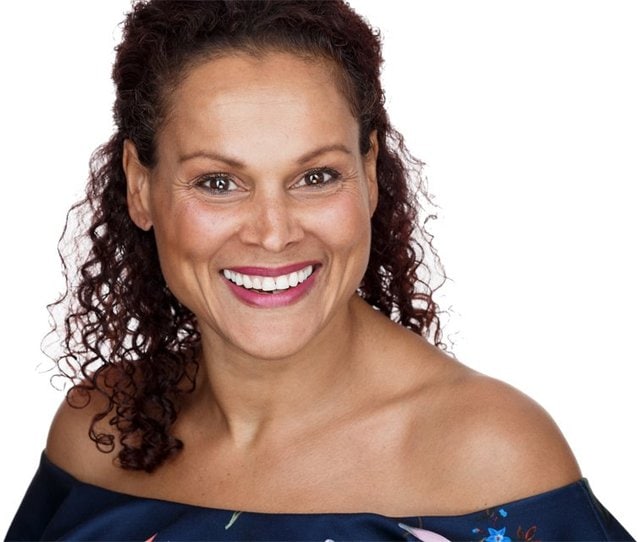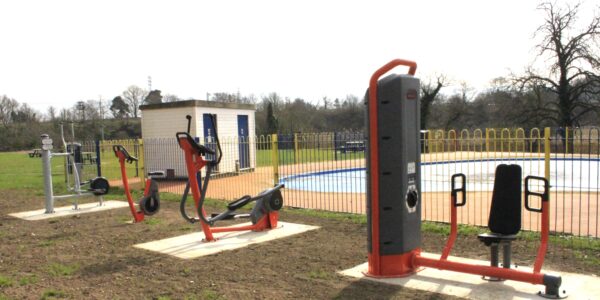Don’t let acne ruin your life
8/09/2017 - Crystal Rose Skin Clinic

Rosy Boulton of Crystal Rose Skin & Laser Clinic in Witnesham tackles the chief misery-maker of the skincare world, acne.
I am often asked what the most common skin disorder is and how to treat it… The answer is acne! Not a subject many want to discuss but something that affects an estimated 80 percent of all people between the ages of 11 and 30 – and many people in their forties and fifties still get acne.
Acne is a skin condition that affects individuals of all skin types. It can have a serious effect on self-confidence as well as having an impact on people’s overall physical comfort – which is just as much of an issue in the workplace as it is in a school or college.
What causes acne?
Acne most commonly develops on areas of the body that contain a lot of sebaceous (oil) glands, like the face, neck, chest, back and shoulders. Acne usually begins and is most common in puberty, but many adults develop the condition.
Acne is caused by three major factors: dead skin cells blocking hair follicles or pores where sebum is produced, the overproduction of sebum and the proliferation of P. acne bacteria and consequent inflammation.
What can you do to minimise the risk of acne?
- Don’t touch your face – the bacteria on your hands can cause irritation and pimples
- Don’t pop, squeeze or pick pimples. Prevent scarring by leaving acne alone.
- Gently wash your face twice daily with a mild cleanser. Washing too frequently and scrubbing can irritate skin and aggravate acne.
- Use non-comedogenic (non-pore clogging) skin care and cosmetics.
- Avoid alcohol based products. They strip skin of its natural moisture, causing it to compensate with increased oil production.
- Make sure your hair is clean. Oily hair can lead to acne around the hairline.
- Clean your makeup brushes and sponges. Prevent bacteria and dirt build up by washing them in lukewarm water with a gentle cleanser or shampoo.
- Keep your smartphone clean with anti-bacterial wipes. Germs from your hands end up on your cheek and jawline while you chat, which could lead to pimples.
- Remove your makeup before bed. Make proper cleaning a regular part of your bedtime routine.
- Make sure your pillow is clean. Regular washing prevents bacteria from spreading.
- Take note of what triggers your acne. Triggers can include certain foods, facial products, stress, etc. Keep a symptom diary to help you make links overtime.
Treatment
Treatment for Acne starts with a good home care regimen using specialised acne products containing cellular exfoliators AHA (alpha hydroxy acid) and BHA (beta hydroxy acid) retinols that work in the dermis stimulating cell turnover and collagen production.
Products designed for teenage skin are often too harsh for adults, so using them can lead to irritation and dryness. At the same time, adults are concerned with visible signs of aging like fine lines, wrinkles and uneven skin tone.
Anti-inflammatory, antibacterial, soothing and hydration boosting ingredients such as those found in AlumierMD’s Acne Solution Series are very effective.
IPL laser treatments have also proven very effective in treating acne successfully, alongside regular chemical peels.
You don’t have to suffer in silence, talk to a skin care professional for help and expert advice.
You can contact Rosy at Crystal Rose Skin Clinic here to get her expert advice.
Pictured Rosy Boulter
All articles on this news site are submitted by registered contributors of SuffolkWire. Find out how to subscribe and submit your stories here »



